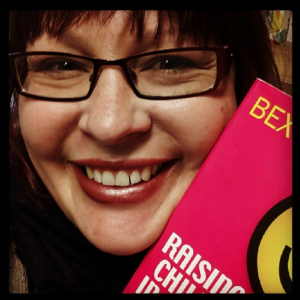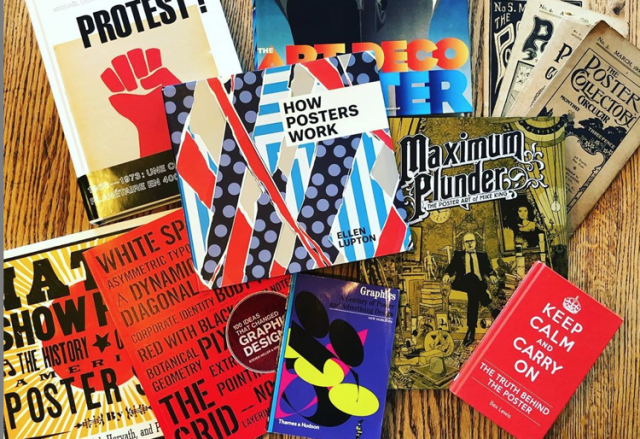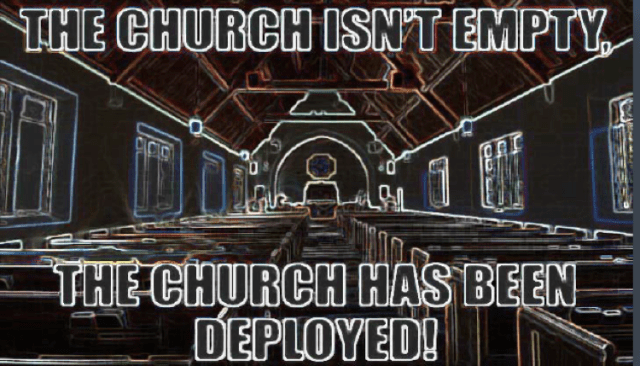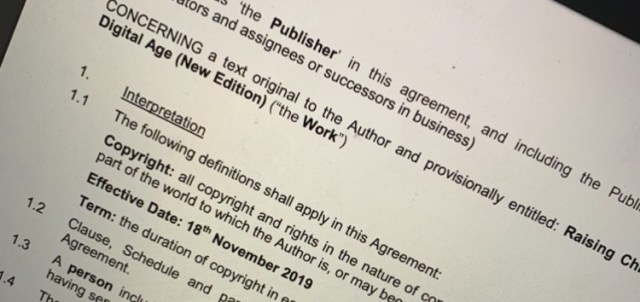[WRITER] My @I_W_M #KeepCalmAndCarryOn Book Featured as a Recommended Work by @PosterHouseNYC
Lovely to come across this short video on Instagram, from Poster House, New York (determined to get there someday), and see that I have been featured as the first book: View this post on Instagram Book suggestions from our Chief Curator A post shared by Poster House (@posterhousenyc) on Apr 22, 2020 at 4:06am PDT These are all the other books mentioned in the video: View this post on Instagram Did…




